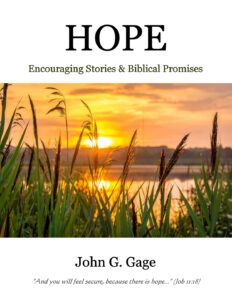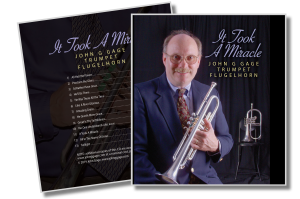Worship
Singing With Understanding
(excerpt from “HYMNS IN WORSHIP: REDISCOVERING THE POWER OF THE FAMILIAR”…see www.johnggage.com for more information)
“I will sing with the spirit, and I will also sing with my understanding.” (I Cor. 14:15-HCSB)
A hymn service doesn’t exist so that we can appease a limited, older group of congregants; it exists so that we can genuinely worship in a musical “language” that many adults find familiar and endearing. Nostalgia can connect us to some precious memories and moments in our spiritual journey, and should be leveraged to enhance the meaningfulness of a worship experience. Quotes by great spiritual leaders and theologians, when used with discernment in a service, can enhance the understanding of both WHAT we are singing, and WHY we are singing.
Recently we sang “Come Thou Fount of Every Blessing”, and I introduced the hymn by quoting I Sam. 7:12-14 and by explaining the meaning of the lyric, “Here I raise mine Ebenezer” which literally means “Stone of Help”. I shared with them that to the believer, an “Ebenezer” is anything that reminds us of the work of God in our lives and the victories ONLY HE could have won on our behalf. After God delivered the Israelites from Pharaoh’s army, they raised an Ebenezer. Following their victory at Jericho, they did the same thing! Our congregations need to understand what they are singing, and why, rather than just reciting words they learned by rote when they were children. In I Corinthians 14:15 the apostle Paul states, “I will sing with the spirit, and I will also sing with my understanding.” (HCSB) In order to truly and completely engage our hearts in worship, we must understand the meaning of the lyric, and sometimes that means taking time in the service to offer an adequate explanation.










